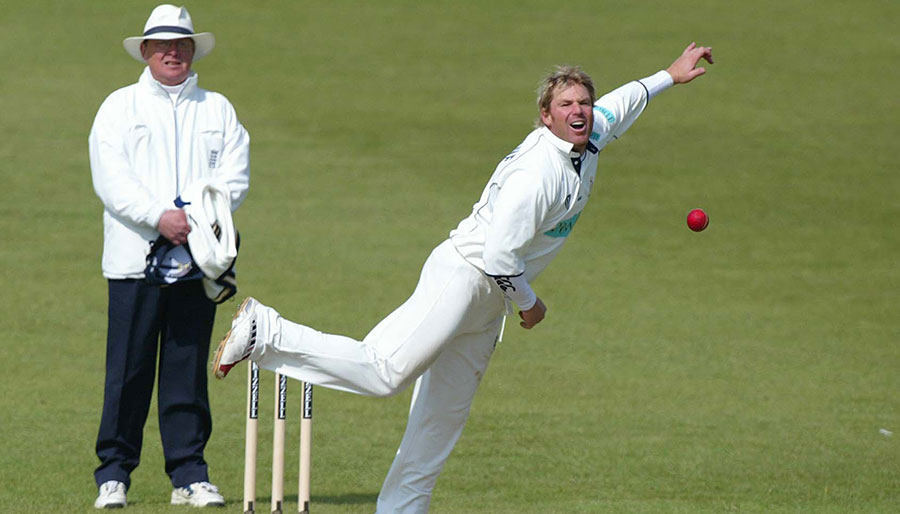A very common asked is “do I need a will?” but with the tragic and untimely recent passing of cricketing legend, Shane Warne, it is a reminder that you are never too young to have a Will.
If there is one legal document other than a binding financial agreement (i.e. prenup) that is sure to make people uncomfortable, it’s a Will.
No one likes to plan for the end, let alone accept that it is going to happen. However, unlike the end of a relationship, death is something inescapable for all of us.
A Will is a legally binding document that sets out how you want your assets distributed should you die. Without a Will in place, there are no clear instructions for your loved ones as to how you wish your estate to be distributed. In the absence of a Will, you may well find that your estate is distributed contrary to your wishes or worse still, your loved ones fall into dispute about how your estate should be distributed.
If you pass away without a Will (known as being “intestate”) your estate will be distributed according to a legal formula set out in the Succession Act 2006. The rules become messy and complicated if for example, you are separated (but not yet legally divorced) but also living in a de-facto relationship (which is not uncommon) or if you have different children from different relationships.
Do I need a will?
Wills aren’t just for the wealthy or for business owners. Do you have superannuation? Do you have savings in the bank or own a house or a unit? What about that that piece of jewellery that was passed down to you by a relative?
Ask yourself this – are you happy for others to decide where all these things go? Or who will care for your children? Are you happy for people to fight over these decisions? Don’t leave it to fate or a Court to decide where your hard-earned assets and possessions go after you do.
A will allows you to leave your assets to anyone you like- but a word of warning. The law generally expects that you will provide adequately for your spouse, de-facto partner and children. There are some exceptional circumstances where this won’t apply, which we can explain to you should you make the decision to exclude a spouse, de-facto partner or child.
Even if you have an existing Will, consider whether your circumstances have changed through marriage, divorce or the birth of a new child. If so, update your Will so it reflects your new circumstances.
We are here to protect you through all stages of your life. We can ensure that:
- your will is validly drafted and legally binding;
- expresses your wishes in a way which accurately reflects what you want, so that nothing is left to chance;
- you understand your obligations to your spouse, de-facto partner, children and other dependents;
- you are fully aware of how different assets are treated, including superannuation and overseas assets; and
- hold your will in safe custody for you at no cost to you.
For assistance, contact a solicitor for wills or a lawyer for power of attorney and bring along any associated documents.
contact us today to arrange a meeting. Email [email protected] or call us on (02) 9517 1887 to arrange an appointment.
Liability limited by a scheme approved under Professional Standards Legislation. Legal practitioners employed by Lawpoint Lawyers Pty Ltd ABN 35 465 218 304 are members of the scheme. This post provides a general overview and should not to be relied upon as legal advice or as a substitute for legal advice or as giving rise to a solicitor / client relationship. If you want advice specific to your circumstances, please contact us to arrange an appointment.



